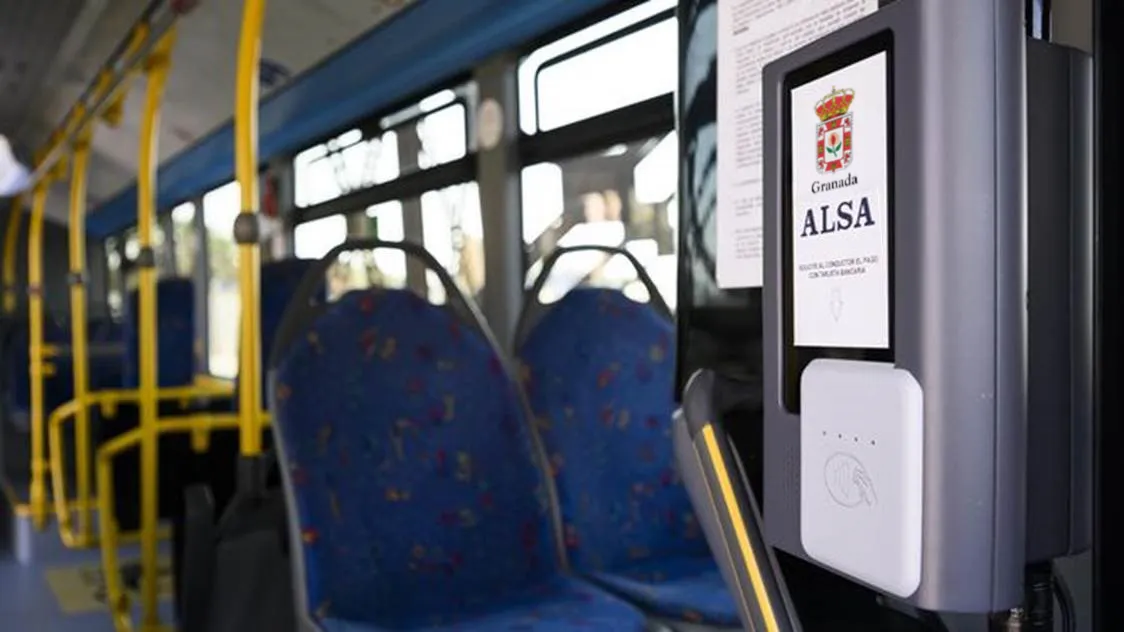
Retail technology business Powa Technologies has signed up more than 950 retailers and brands worldwide to its PowaTag solution and is set to become a dominant mobile retail sales platform, says the company’s founder.
The service, which soft-launched this summer, harnesses a number of technologies including QR codes, NFC, Bluetooth beacons and audio tags to help buyers make purchases in seconds - in the high street, in front of the TV or online. They can also get product information and attract product offers. Retailers and brands can also use it to enable instant transactions through Twitter, Facebook, Pinterest and Instagram. Powatag’s value will lie in its ubiquity as a service that works for retailers and brands while also giving consumers a convenient way to shop and get offers across a range of retailers using a single application.
“There’s nothing like this out there today,” says e-commerce veteran entrepreneur Dan Wagner, Powa’s founder, chairman and CEO. “We have created an ecosystem in a number of sales channels that was not there before.” No rival service exists, giving the company - which claims to be signing up 150 new brands a day - a clear first-mover advantage, he adds. “It’s also a scale play. We have the backing of some of the biggest brands in the world.”
PowaTag’s benefits include the ability to make sales when a shop is closed and eliminating the need for shoppers to key in sensitive data every time they buy - as data is held in the Cloud with PCI Level 1 certification. Wagner says the technology helps retailers respond to growing pressures from customers. “Retailers can no longer afford to think in terms of online verses offline,” he says.
“They must seriously rethink how they connect in-store and online strategies to provide the agility and innovation needed to enable customers to buy whenever and wherever they may be, when they are at that critical buying-decision moment.” PowaTag also provides unprecedented levels of data and documentation to press and broadcast advertising, adds Wagner.
“We believe that PowaTag is the future of true multi-channel advertising as well as retail,” he says. “It enables merchants and businesses to collect smart data and quantify exactly how successful an advertising campaign has been.” Wagner adds that sales of the Powa POS all-in-one tablet, printer, scanner and chip&PIN terminal it launched in April had reached $40 million.









